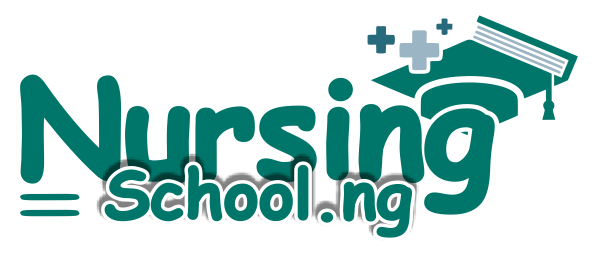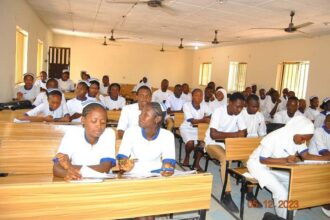Community Midwifery is a specialized area of midwifery practice focused on delivering maternal and child healthcare services within local communities. Community Midwives are trained to provide essential pregnancy, childbirth, and postpartum care, especially in rural and underserved areas where access to hospitals may be limited.
The main goal of Community Midwifery is to reduce maternal and infant mortality rates by bringing skilled healthcare closer to the people. Training programs in Community Midwifery usually last two years and are regulated by the Nursing and Midwifery Council of Nigeria (NMCN) or similar bodies in other regions. Community Midwives are equipped with knowledge of safe delivery practices, family planning, newborn care, and public health education.
Community Midwifery Examples/Applications
- Conducting antenatal check-ups for pregnant women in rural areas.
- Assisting with safe home deliveries or primary healthcare center births.
- Providing immunization and newborn care services.
- Educating families on reproductive health and family planning.
- Offering postpartum support to mothers after childbirth.
Community Midwifery Career Opportunities
Graduates of Community Midwifery have several career paths, including
- Primary Health Care Midwife – serving in local health centers and maternity homes.
- Community Outreach Worker – delivering maternal health services in villages and rural areas.
- Maternal and Child Health Educator – promoting safe motherhood practices.
- NGO/International Health Midwife – working with organizations focused on improving rural healthcare.
- Pathway to Registered Midwifery – Community Midwives can advance to higher midwifery programs or nursing degrees.
Key Takeaway
Community Midwifery plays a vital role in improving maternal and child health by making skilled care accessible to underserved populations.
Frequently Asked Questions (FAQs) About Community Midwifery
What is the difference between Basic Midwifery and Community Midwifery?
- Basic Midwifery is a three-year program that trains midwives to work in hospitals and clinics, while Community Midwifery is a shorter two-year program focused on rural and community healthcare services.
Who can apply for Community Midwifery training in Nigeria?
- Applicants must usually be indigenes of the state where the school is located and possess at least five credits in science subjects, including English, Mathematics, Biology, Chemistry, and Physics.
How long does Community Midwifery training take?
- The program typically lasts two years, combining theory and hands-on practice in community healthcare.
Can a Community Midwife become a Registered Midwife (RM)?
- Yes. After completing the Community Midwifery program and gaining experience, graduates can further their education to become Registered Midwives.
Where can Community Midwives work after graduation?
- They can work in primary health centers, rural clinics, NGOs, community maternity homes, and with international health organizations.
Why is Community Midwifery important?
It helps reduce maternal and infant deaths by providing safe, accessible care to women and newborns in areas with limited hospital access.









